According to a VNA correspondent in Moscow, the drug was developed by scientists from the NI Pirogov National Research Medical University (RNMU - Moscow State Medical University II), the Institute of Bioorganic Chemistry named after Academician MM Shemyakin and Yu.A. Ovchinnikov of the Russian Academy of Sciences (RAN) and the Russian pharmaceutical company BIOCAD. The World Health Organization (WHO) has assigned the drug the international name seniprutug. The disease is named after Russian psychiatrist, neurologist and physiologist Vladimir Bekhterev.
In a statement, the Russian Ministry of Health said the drug was being developed to allow people to destroy pathological T-lymphocytes that attack the body's cells. Initial clinical studies have confirmed that after taking the drug, the disease does not develop in patients and there is no decrease in the activity of the body's entire immune system. The statement added that during clinical trials, the drug was found to be highly effective and safe. After registration, the drug can begin to be produced on an industrial scale.
Rector of the II Medical University Sergey Lukyanov, one of the developers of the drug, noted that the drug completely stops the disease, has no immunosuppressive effect and is not addictive. He pointed out that previously existing drugs could suppress inflammation, but the disease continued to progress.
Bekhterev's disease is a chronic inflammatory disease of the joints between the vertebrae, in which antibodies mistake cartilage for foreign tissue, causing it to be replaced by bone. The result is pain and stiffness in the spine. This can make it difficult for the person to move. Other joints, such as the hips, can also be affected. The disease usually appears in patients under 40 years of age.
Source




![[Photo] National Assembly Chairman Tran Thanh Man receives Chairman of the House of Representatives of Uzbekistan Nuriddin Ismoilov](https://vphoto.vietnam.vn/thumb/1200x675/vietnam/resource/IMAGE/2025/10/27/1761542647910_bnd-2610-jpg.webp)
![[Photo] The 5th Patriotic Emulation Congress of the Central Inspection Commission](https://vphoto.vietnam.vn/thumb/1200x675/vietnam/resource/IMAGE/2025/10/27/1761566862838_ndo_br_1-1858-jpg.webp)

![[Photo] Party Committees of Central Party agencies summarize the implementation of Resolution No. 18-NQ/TW and the direction of the Party Congress](https://vphoto.vietnam.vn/thumb/1200x675/vietnam/resource/IMAGE/2025/10/27/1761545645968_ndo_br_1-jpg.webp)







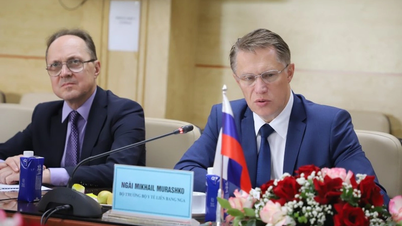


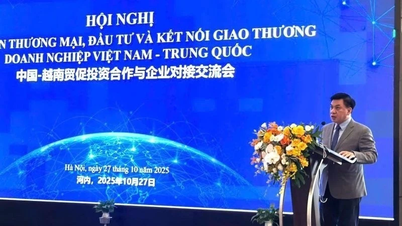

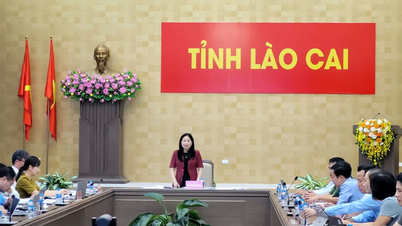











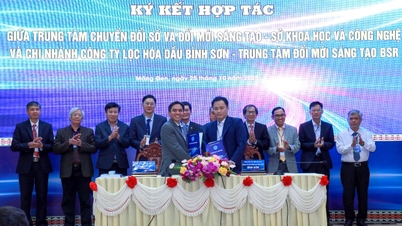







































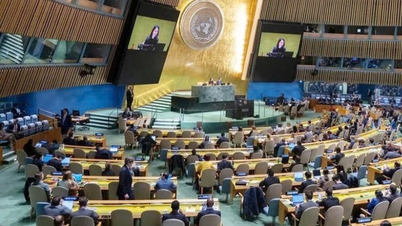





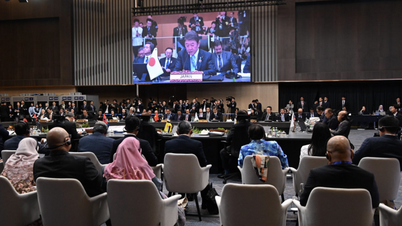











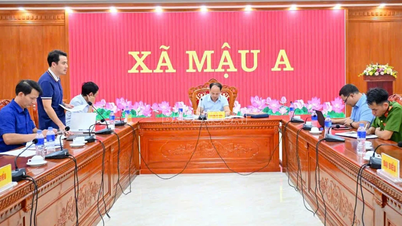


















Comment (0)